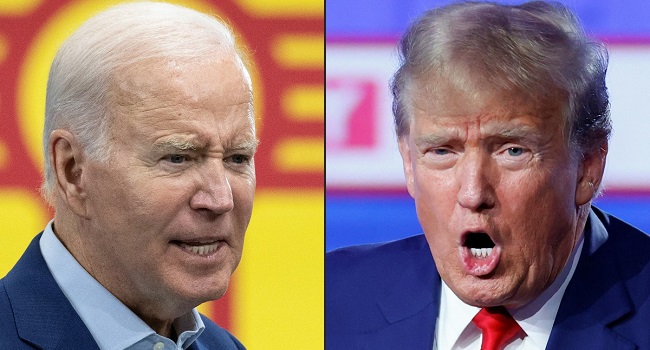Following the shocking assassination attempt on Republican presidential contender Donald Trump, both President Joe Biden and Trump himself have emphasized a message of “unity.” However, analysts caution that any shift towards a more civil political discourse may be short-lived given the intense nature of the current US political climate.
In the immediate aftermath of the incident at a Trump rally in Pennsylvania, Biden urged Americans to “lower the temperature,” while Trump emphasized the importance of national unity. This conciliatory tone marked a departure from their previous contentious exchanges, including a televised debate where they refused to shake hands.
Roy Gutterman, an expert in communications law at Syracuse University, noted that such moments of national tragedy often prompt politicians to adopt empathetic and healing rhetoric. However, he expressed skepticism that this would lead to a lasting change in the highly charged political atmosphere.
Trump has been known for his aggressive rhetoric towards political opponents, referring to them collectively as “vermin” and personally attacking Biden. Meanwhile, Biden’s campaign has portrayed Trump as an “unhinged” figure and a threat to American democracy, strategies aimed at appealing to key independent voters.
Peter Loge, from George Washington University’s School of Media and Public Affairs, expressed hope tempered with skepticism about the possibility of reducing hateful political rhetoric in the US.
Moving forward, as the presidential race intensifies, analysts and media observers emphasize the importance of holding political figures accountable for their rhetoric and its potential consequences.
In summary, while both Biden and Trump have called for unity in the wake of the assassination attempt, the underlying dynamics of their campaigns suggest that the intense political polarization is unlikely to ease significantly in the near future.
























